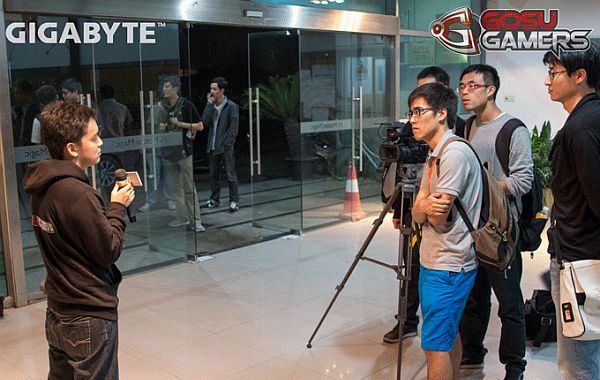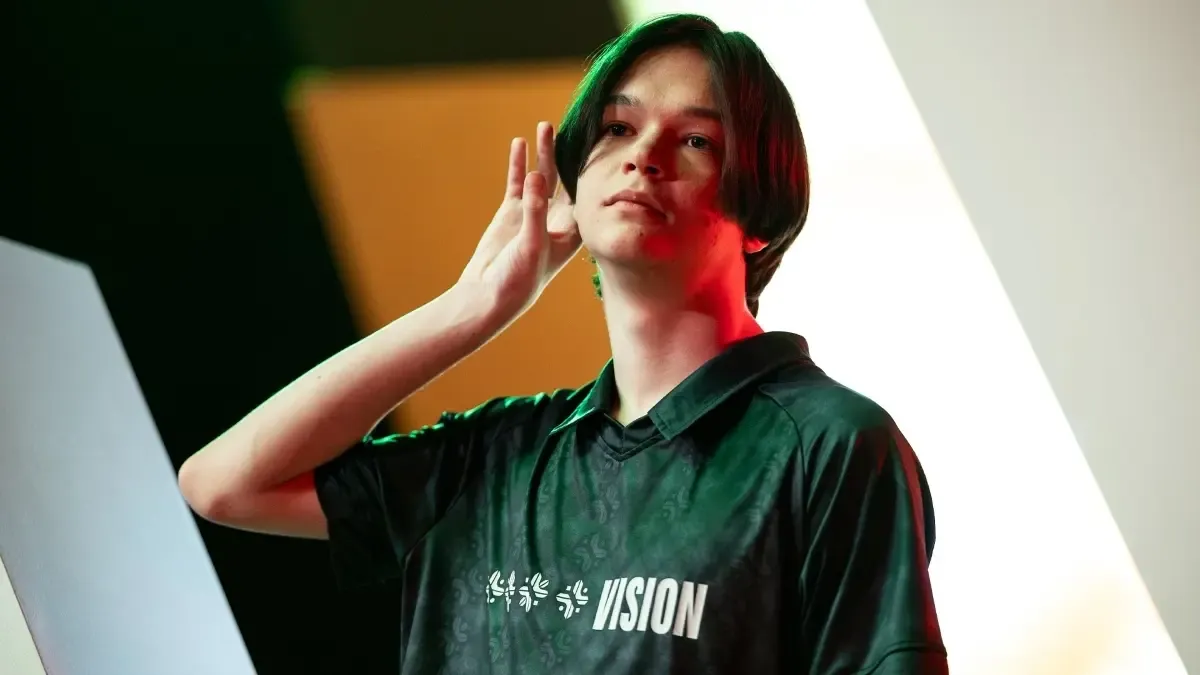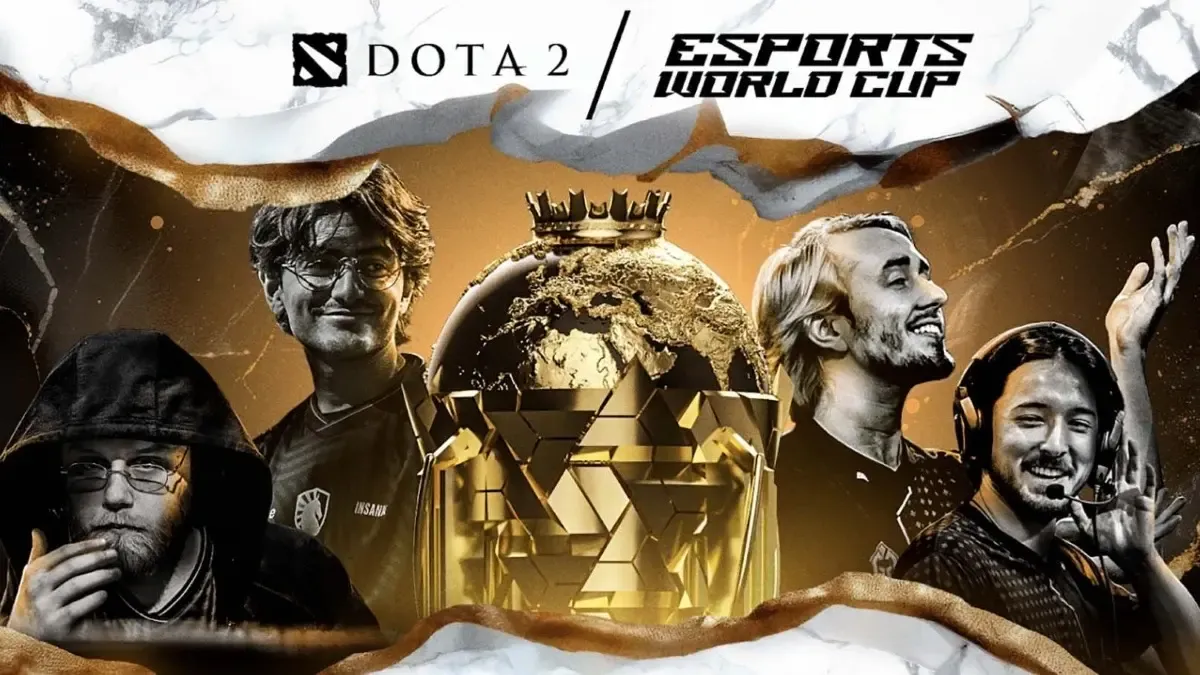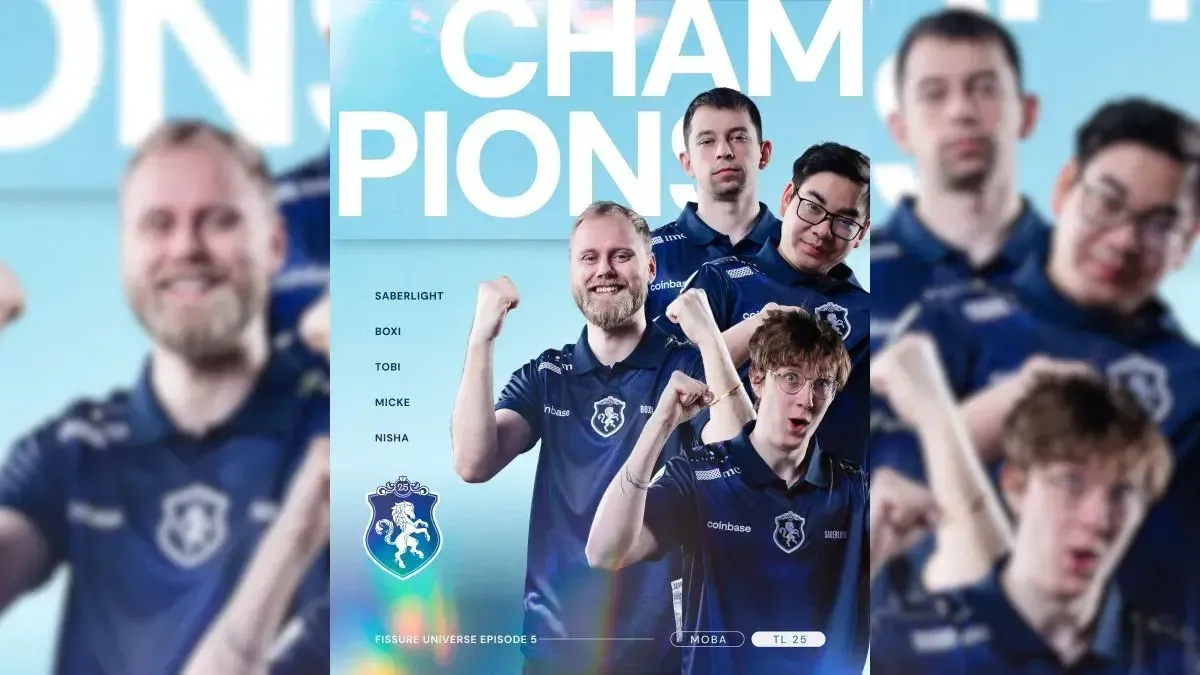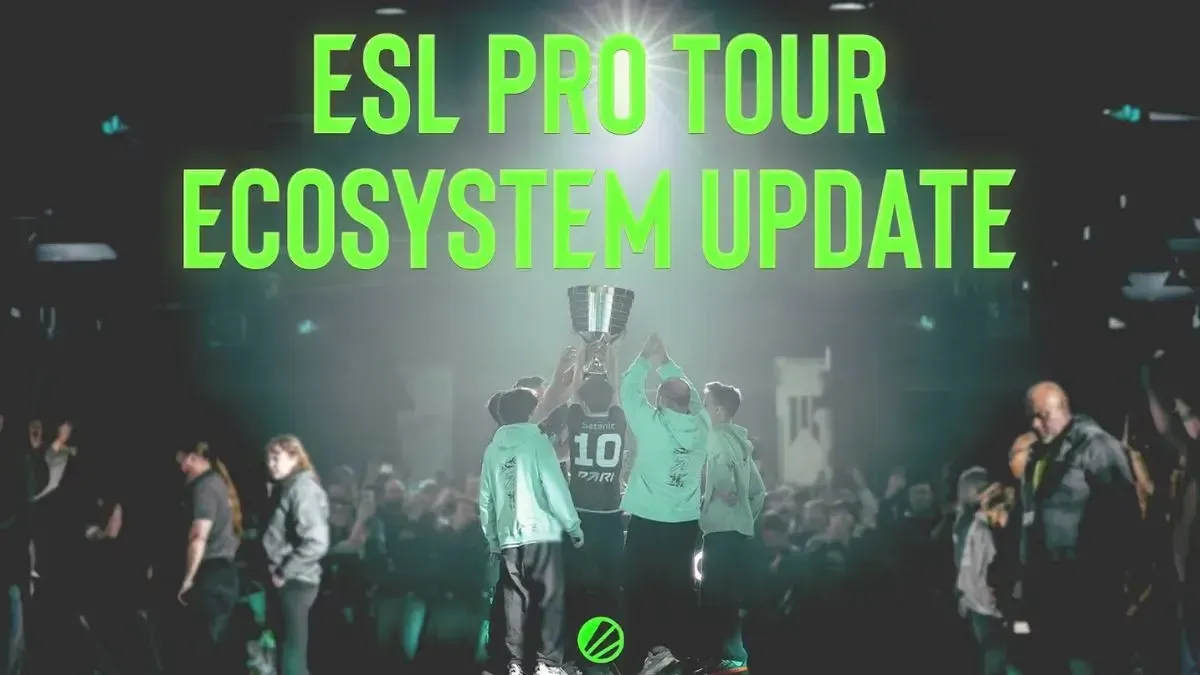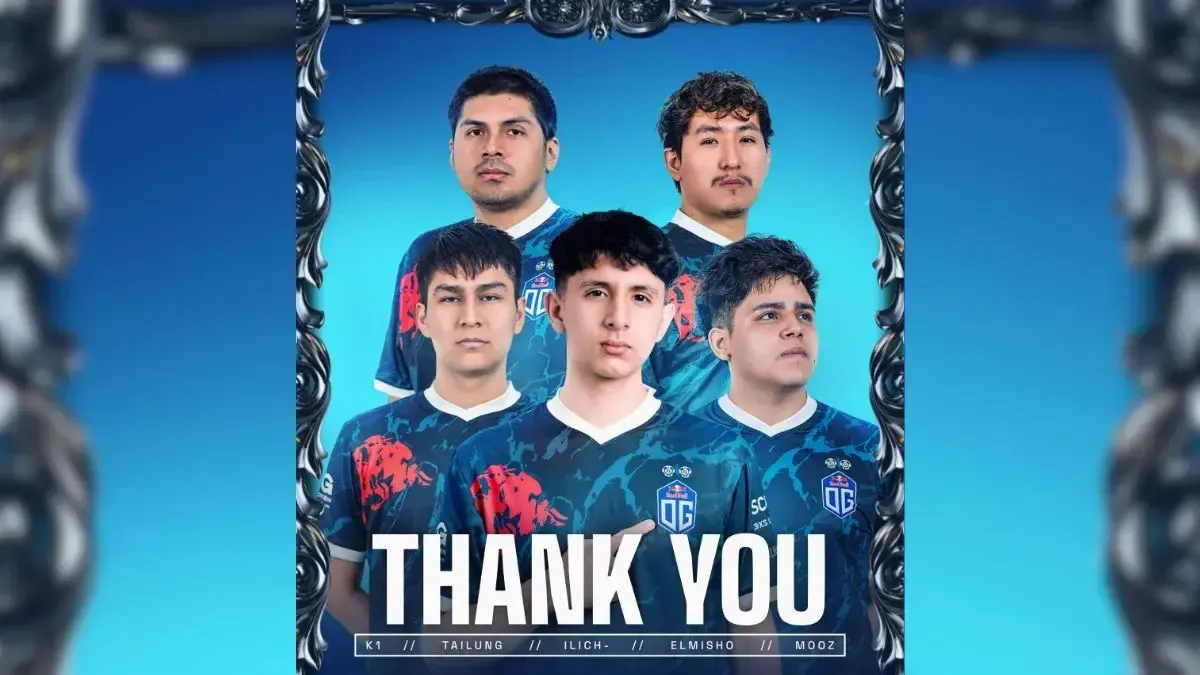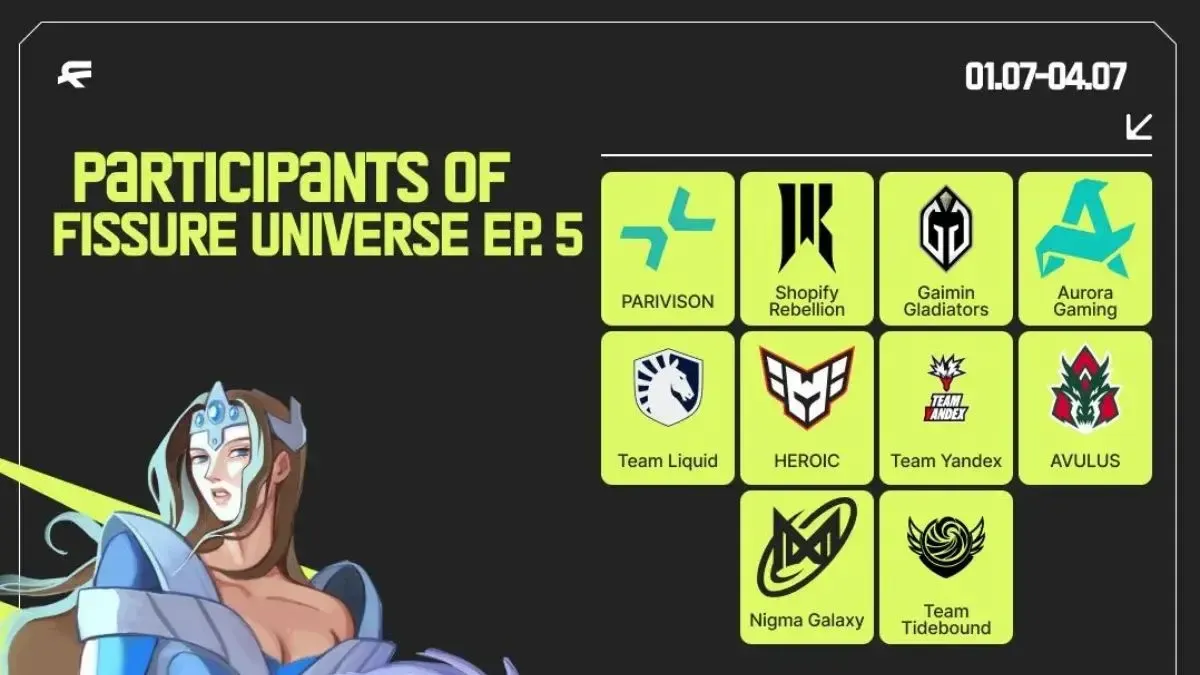
While everybody was busy tuning into Dreamhack Summer over the weekends, Lukas 'Iyonic' Breitweiser released an article on Fnatic.com pin-pointing the daily life and commitments of an Esports journalist. Iyonic has previously written for MeetYourMakers and is currently volunteering for Fnatic.com
GosuGamers have obtained permission from the editor-in-chief of Fnatic.com to post the full article here to educate people on what happens behind the scene. We have requested iyonic for pictures of himself but he would prefer to stay anonymous.
Engine of the Scene
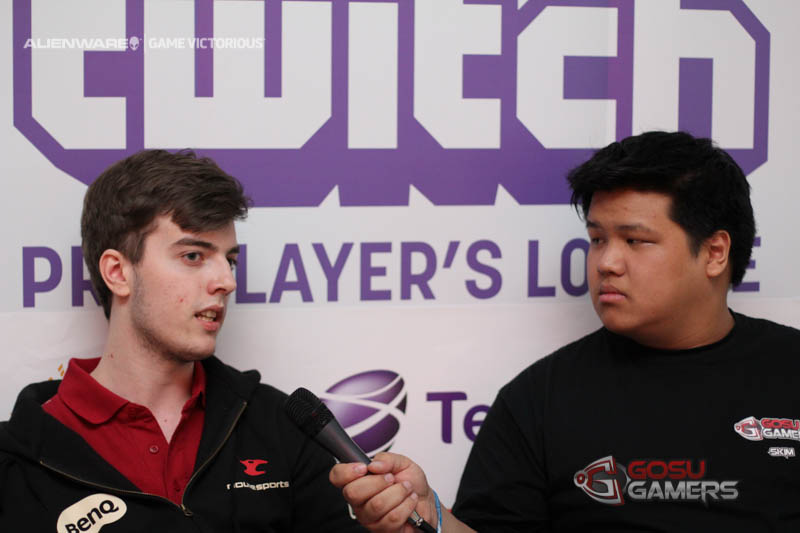
Hello, my name is Lukas. Never heard of me? This is probably no surprise as I am working behind the scene of Fnatic. Editing coverage, writing articles and doing whatever my editor-in-chief tells me to do.
Although the journalists, managers, organisers, and everybody who works behind the scene are the people who bring eSports forward, nobody really knows who we are and what we do.
Naturally the Players and teams are the main attraction in this business, but even if we are nobody without them, it can be said the same regarding them. Perhaps you are a talent, one of the best players in your country, with superb statistics, but nobody will recognise you without people who are interested in you and write about you, talk about you on a stream or simply interview you. Managers take care of the coverage as they organise press appointments, bring a player into a cast and sign them up for the tournaments.
The Journalists and Editors write the actual coverage when they receive the content from the Managers or from their own research, regarding new talents, upcoming trends or ongoing discussions. It is not as easy as it sounds though. For a Journalist isn't always easy to catch a player when he is not in a game or busy during a tournament. Before you can write an article or interview, it needs a lot of preparation. Developing questions, setting up a structure and in the end putting together a creative article consumes a lot of time and dedication.
“The most annoying thing for me is, if journalists come unprepared and have to ask something along the lines of ‘did you win the game that you just played?’" - Harstem
If the Journalists doesn’t prepare good questions, he can’t expect the player to answer them and give an elaborated and well phrased response.
As Pink, one of Fnatic’s StarCraft newcomers says: "It affects the depth of my answers, when the questions seem unprepared and wrongheaded”
When you finally got the answers, you have to set up a good introduction, with some information about the interview, prepare the actual post with a nice banner and so on. But we all like what we do, and that's why the time investment is always worth it. Seeing that perhaps 10,000 people read your article and discussed some aspects, is for me, and I think for all of the people who work in eSports, the best reward you could ask for.
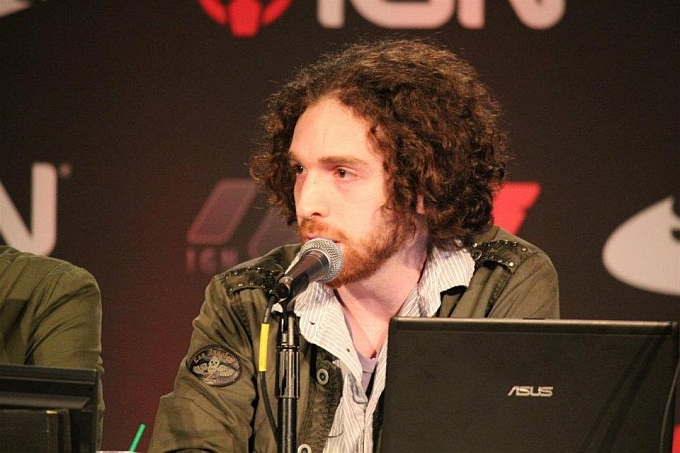
Most of the time you get good feedback from readers, that's if you count out the troll, but sometimes if you look back at the comments and your own text you realise what you could have done better.
For example, provide better background information so your questions don’t get taken out of context and of course make sure that you can interest the reader. It's important to correct these things because if the questions you ask the players are nonsense, then their answers are limited and you can't expect anybody to be interested in your article. At the same time you can’t influence the answers of the players, so the task is to even make boring answers interesting.
"I get contacted frequently for interviews/statement requests and usually they go through. It depends who it is, what they're asking and what we can receive in return. I always make sure we benefit from an interview." - Harry “hxd” Wiggett ( Fnatic League of Legends Manager)
As hxd pointed out, it is not only about your own plans and ideas but what you can offer the people you use in content. The sooner you realise you're working for an industry, that is based on sponsors and promotion the better your content will be as you can really tap into what people want. You always have to make sure that you don't waste a players' time and stay on relevant topics, so you can benefit both parties when you create your content.
That's the biggest challenge you will face as a journalist. What should you write about? Does it make sense to write about a game, after five other news pages already did so? Do you want to criticise something, or highlight something? Hop on a trend, and perhaps reach a good amount of viewers, or explore your own path and start a new trend?
Being a Journalist is all about creativity. Fans and readers expect that you come up with good ideas for an interview or a feature. But to be honest, it is really difficult to find something worth writing about, which has not been written about numerous times before. And this does not only count for Journalists. If the manager of a team wants to organise a fan event, he has to come up with ideas for promotion, how the fans and players can interact and then set up everything. And you don’t want to be hosting the 23rd installment of an AMA with xPeke, do you?
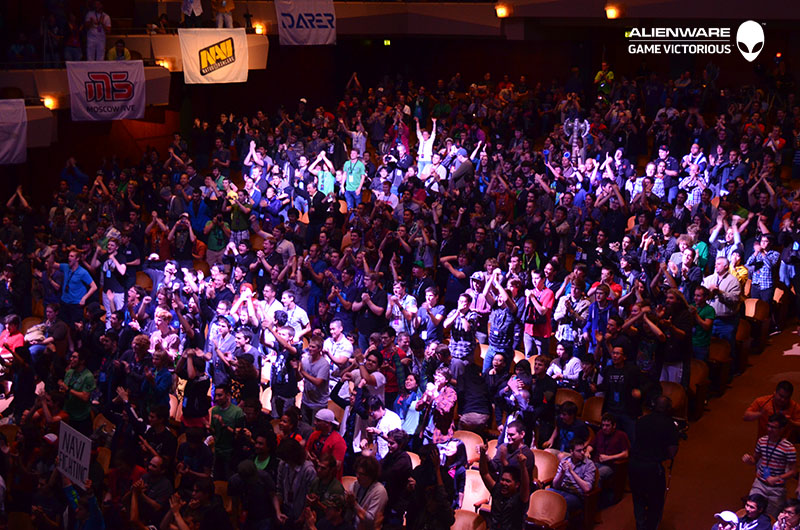
For the organisers of a bigger event it is even more important. What can they do to attract fans and viewers. At the moment there is such a wide range of events, that you need to come up with something special to lure the people on your stream. For example sometimes it takes experimenting with live music as Riot and the organisers of StarCraft’s Iron Squid tournament did to.
So if there are only problems and difficulties, why do my co-workers, supervisors and I do this job? It's certainly not for the money.
But I am able to reach a lot of people with my ideas. If I criticise the professionalism in eSports, I could do that in a forum and wait five minutes until I get bombarded by forum-trolls. As a Journalist for a Team or a general news page, I can do the same, but I'm able to actually reach the people who care. I can reach out to a player, a CEO of another organisation and at the same time I have a solid basis of viewers.
You need a basis of fans who check the Homepage and read an article, otherwise there are no people who can initiate a discussion and share their opinion not only directly on the page, but also in the social media and to friends. It is very difficult to reach viewers if you publish on an unknown platform.
The greatest benefit of working behind the scene is that you can be in touch with so many people at once. You build up a network of players, other homepages and fans. At the same time I am not really restricted in my work. Of course I have to work together with my boss and sometimes I need to reconsider a very harsh argument or statement, but in general, it is up to me what I write about and this freedom is what I love about working in eSports.
So one might think, “why did this guy write a two page long article about his work?” No, I don’t want to motivate fans to pay our work more respect, or stop trolling in the comment section. I simply want to highlight that there are dedicated people, working behind the scene, providing you with the content you read and watch every day. And that these people are the engine of eSports. Everybody, from the random admin to the head of an organisation is equivalently important. Because if there was nobody, who likes to work, often for no money, just for the sake of the game, we would probably not be with eSports where we are at the moment.

